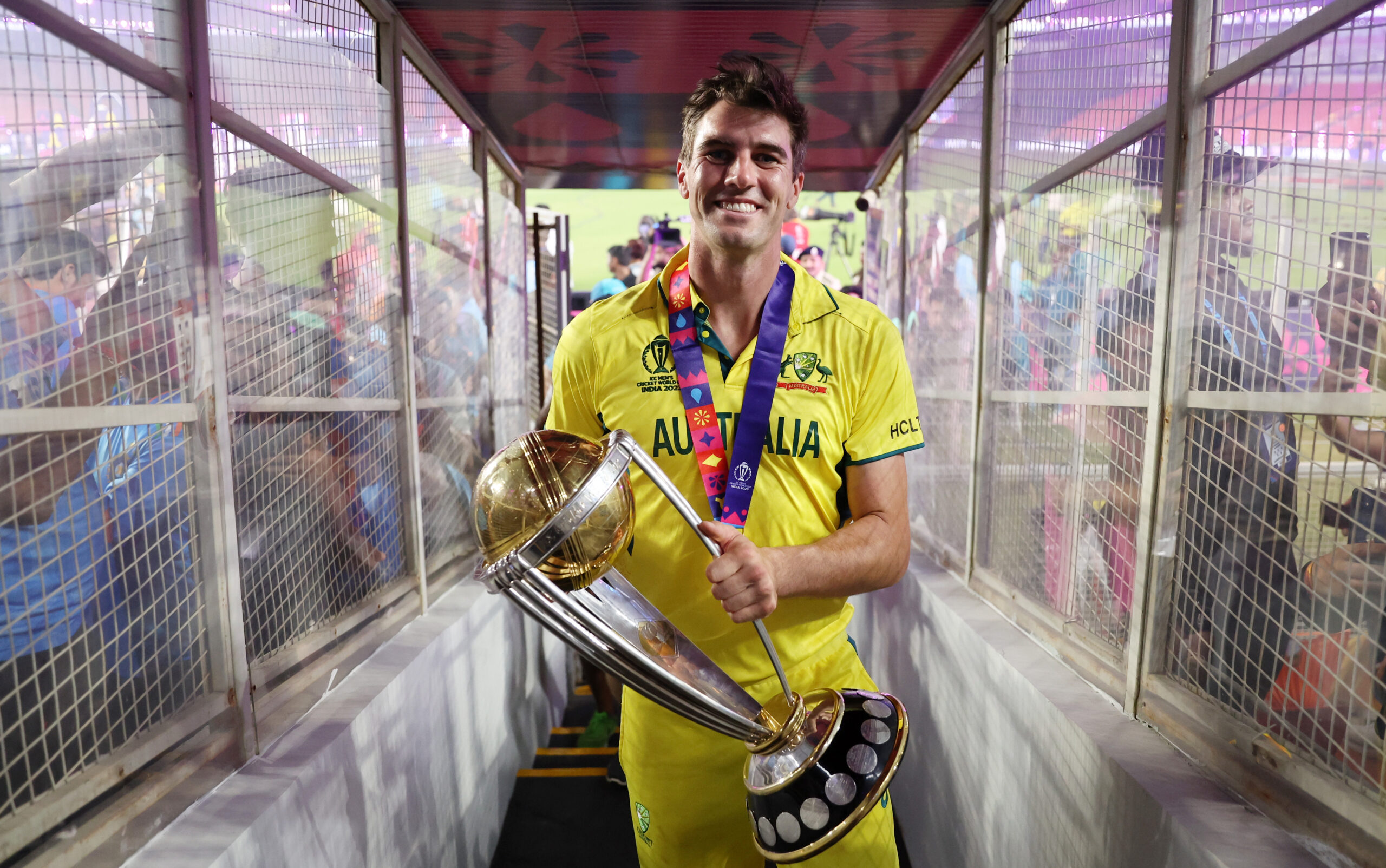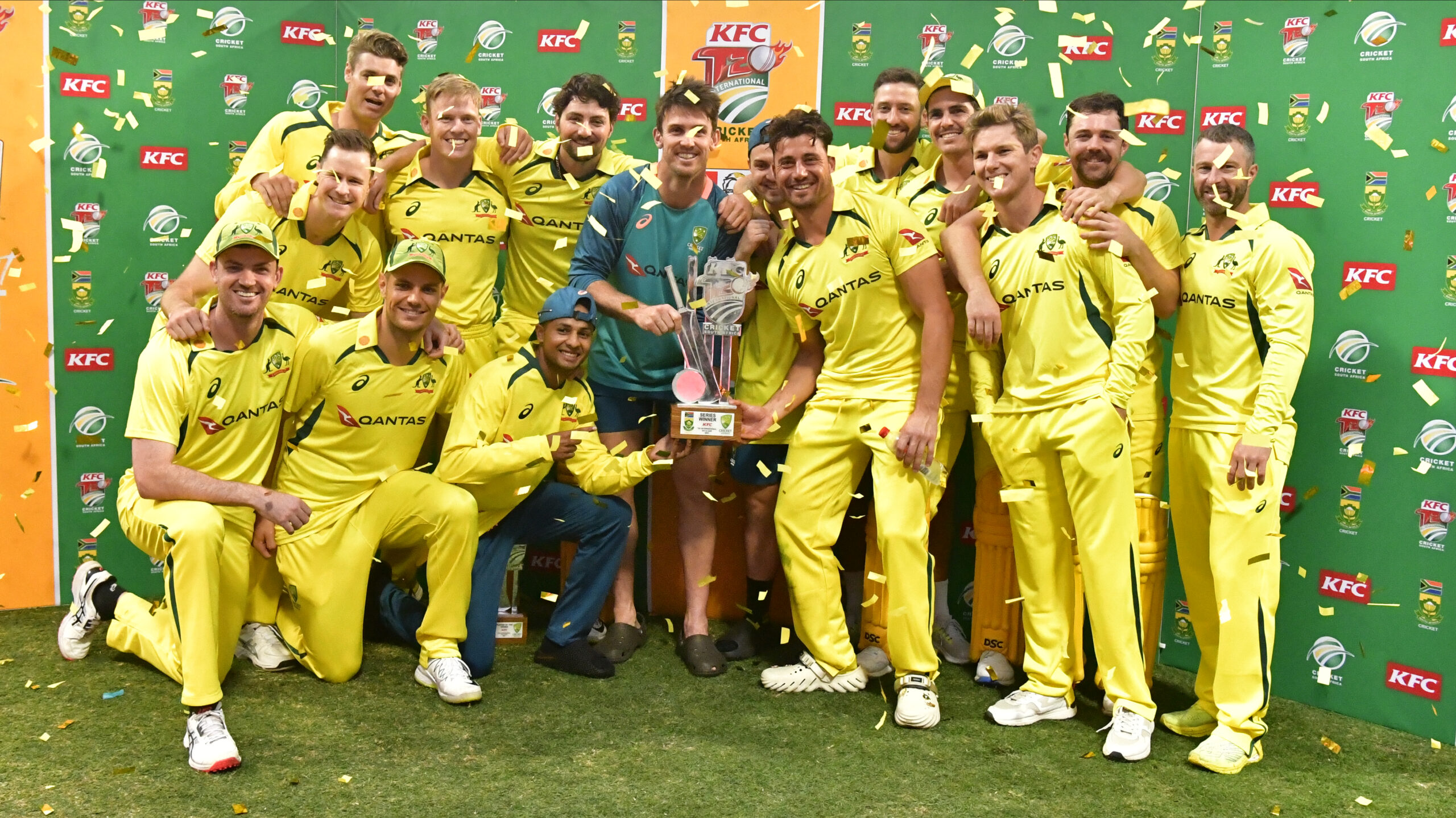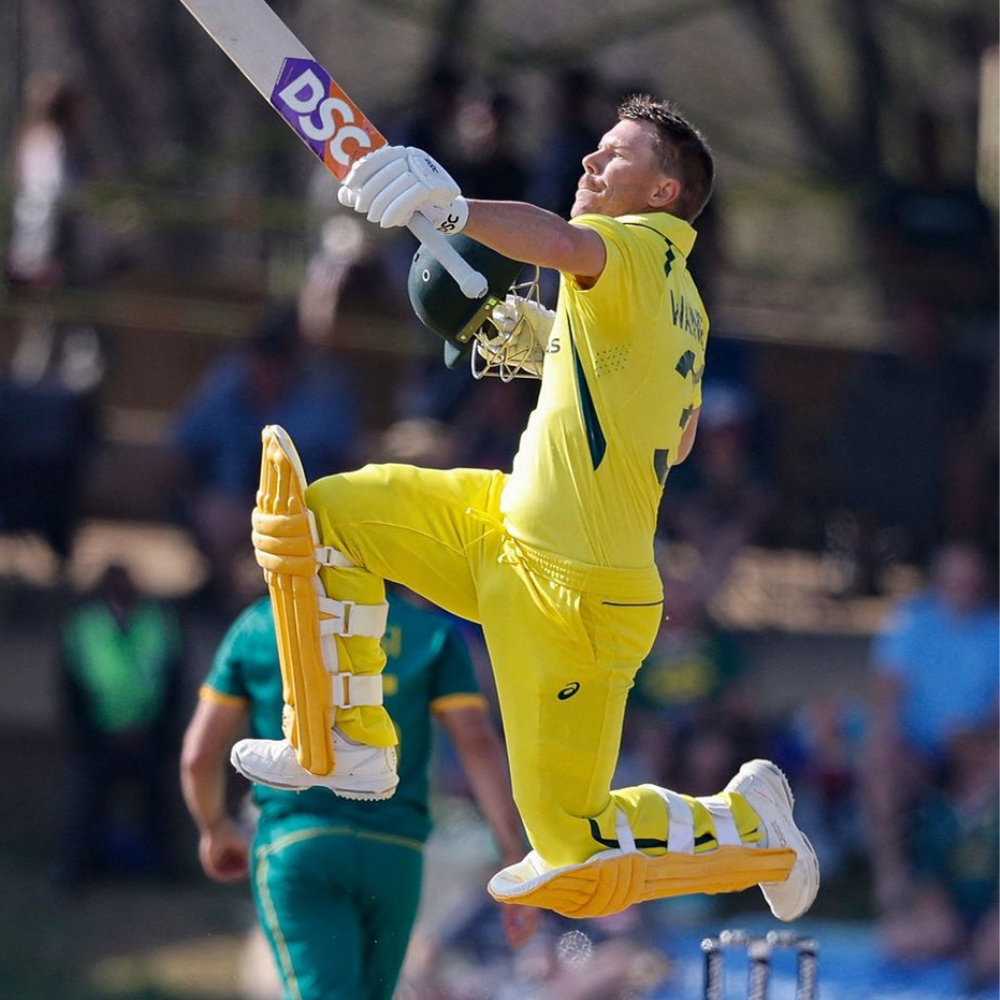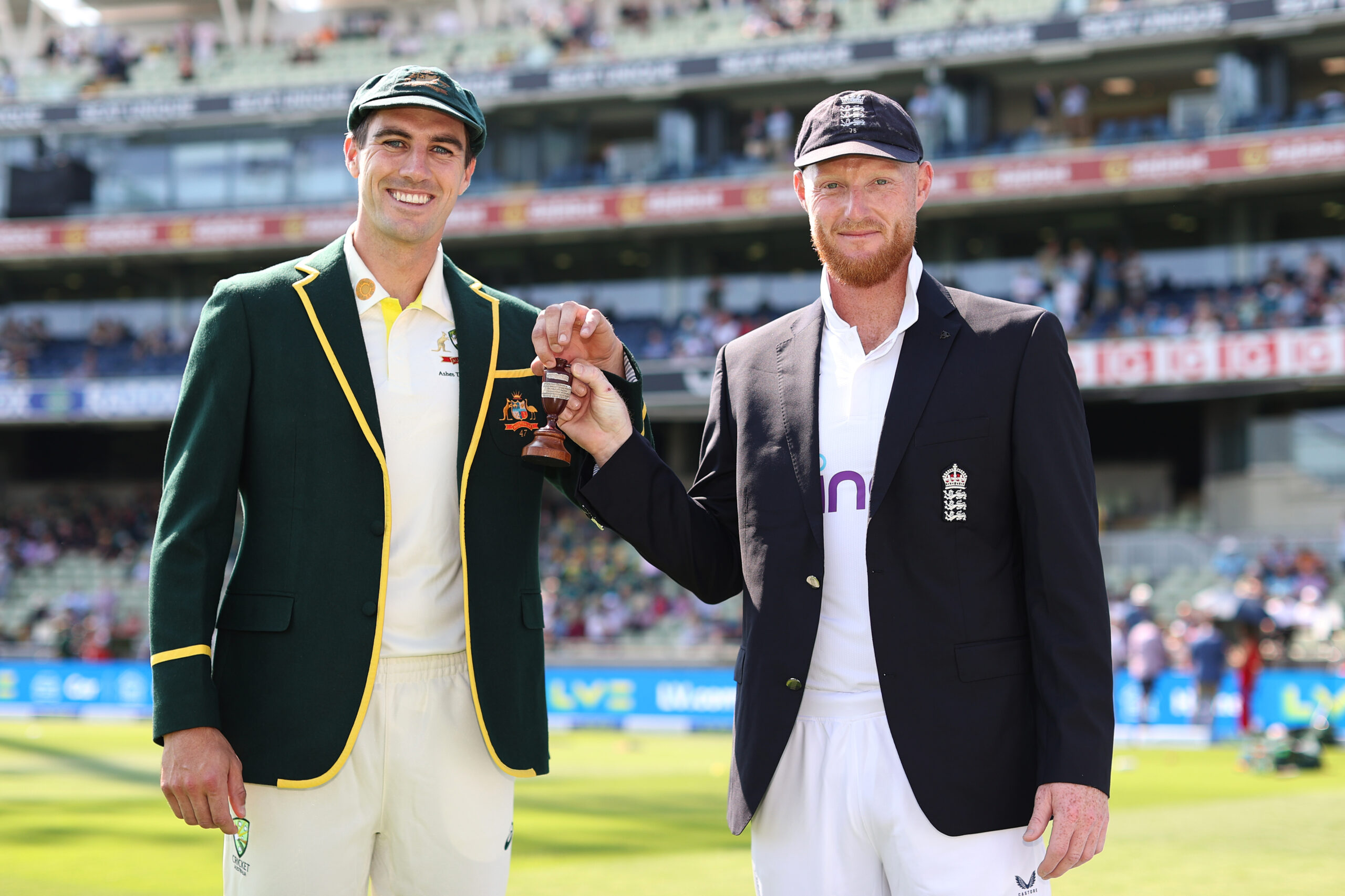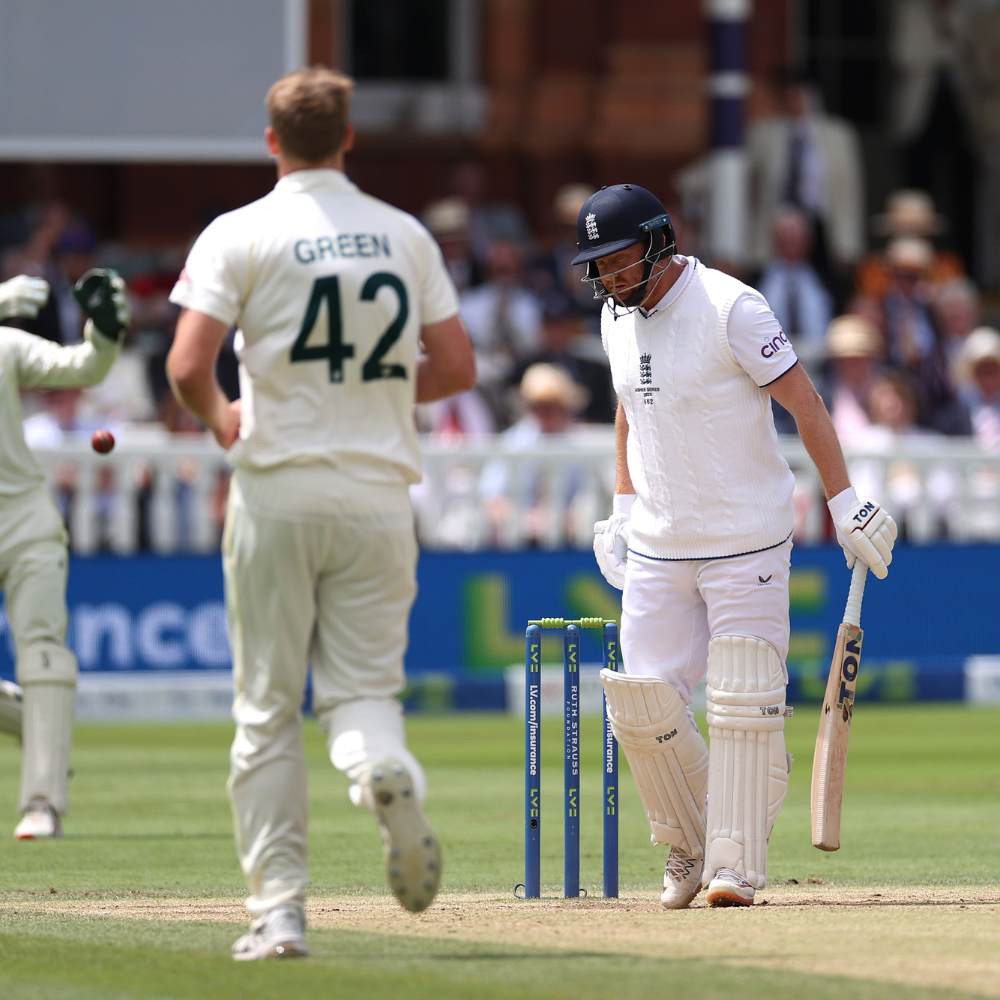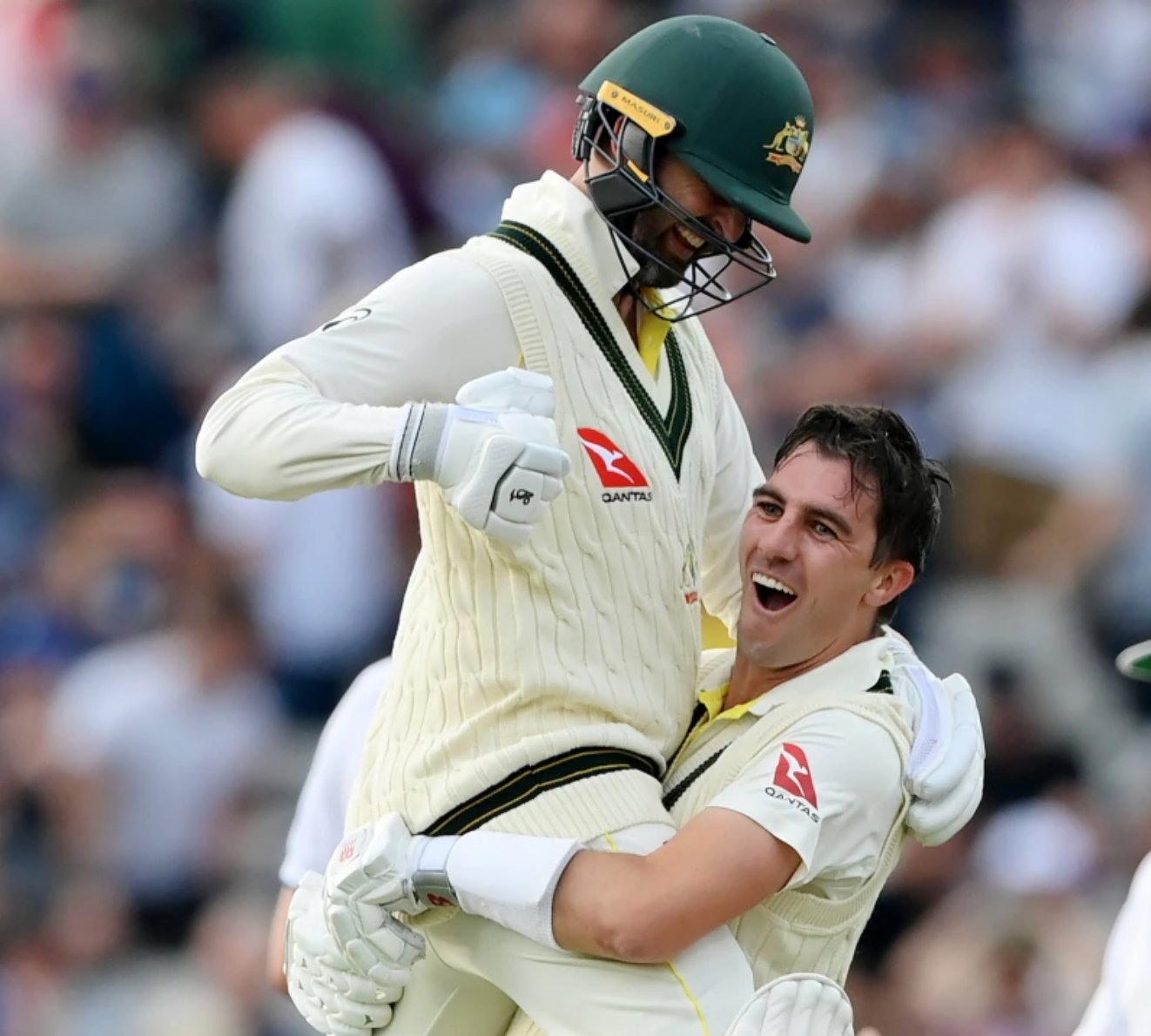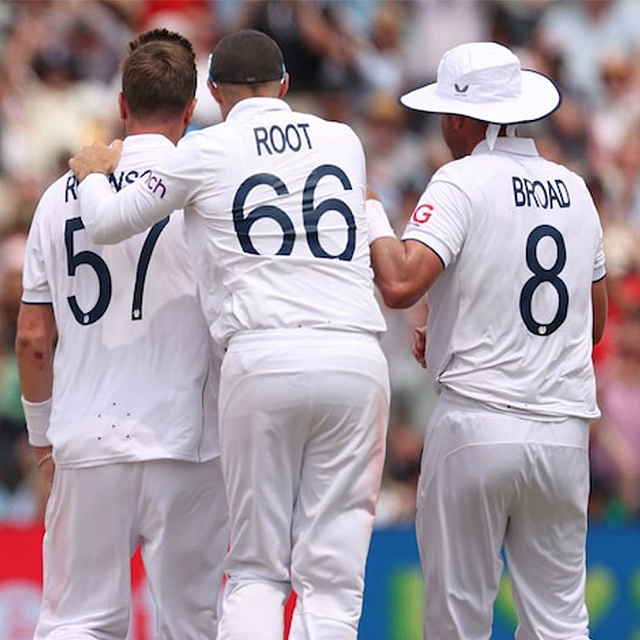Why is no one talking about the Australian cricket team?
A one-off test against India determined that Australia rule test cricket. So, why does no one care?
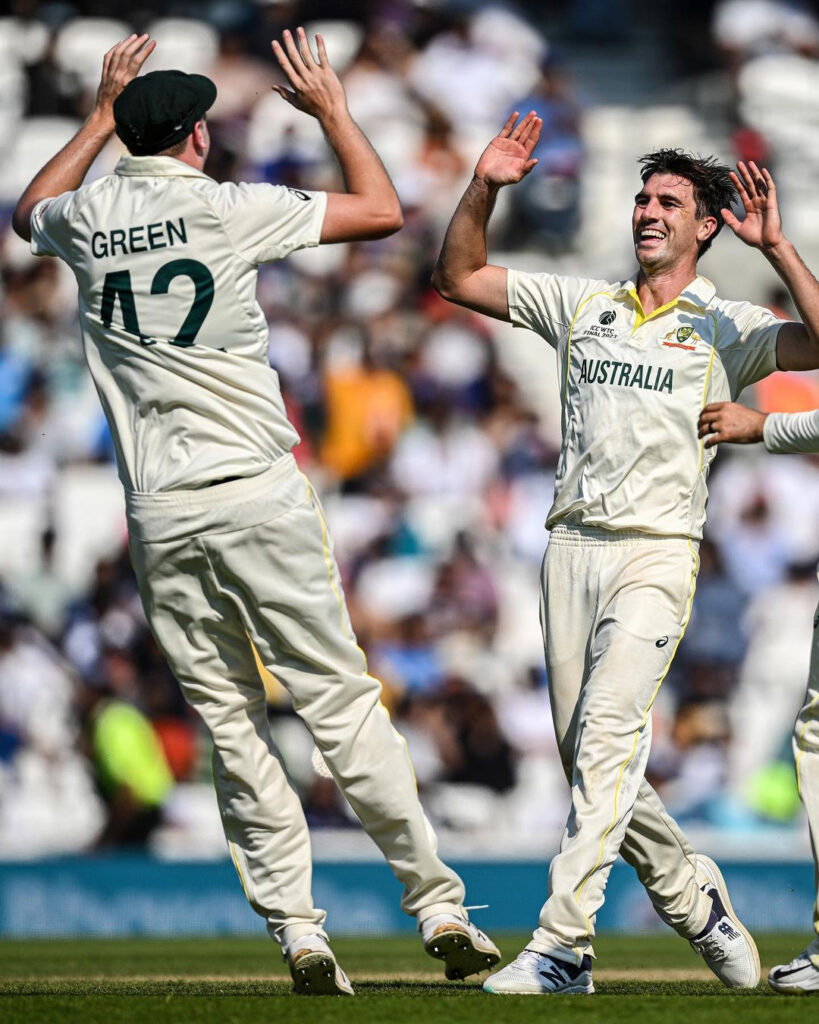
IN CASE YOU MISSED IT, Australia is the world test cricket champion. The Aussies defeated India by 209 runs on neutral turf at The Oval in London on the weekend. The team no doubt woke yesterday morning with sore heads and bleary eyes after celebrating their victory. But it’s safe to say the rest of the country didn’t.
While the World Test Championship (WTC) victory did lead sports bulletins over the weekend, it wasn’t news that elicited the ecstatic celebrations, bordering on mass hysteria, that accompanied say, Argentina’s victory in the football World Cup last year.
Masses of people did not descend on the streets in green and gold, jump in cars with flags hanging out of windows and relentlessly honk their horns as they would have had the Socceroos or the Matildas achieved a victory of similar standing, or indeed, if India had triumphed in this test.
While drawing comparisons with the populace-mobilising fervour generated by football or India’s passion for cricket is unfair, Australia’s claiming of the WTC had the air of an accountant filing a tax return. For all but the most diehard of fans, the victory felt like an abstract, perfunctory event to be swept under the carpet before the real contest — that would be The Ashes — can begin.

In its failure to capture the Australian public’s imagination, this second WTC had a few things going against it.
Test cricket’s five-day format precluded the possibility of a knockout tournament. The football World Cup is the culmination of a rigorous (Socceroos fans know exactly how rigorous) qualifying tournament that lasts for several years, before the final 32 teams meet in a one-month tournament. Cricket’s one-day World Cup follows a similar format, with minnows competing to earn the right to play alongside the test-playing nations in the big dance.
In the case of the WTC, the tournament was played over two years, with 69 matches over 27 series in the league stage, from which the top two teams (India and Australia) advanced to the final. If that sounds like a rather prosaic way to crown a world champion, that’s because it was.
Without a final knockout tournament, the contest was robbed of stakes. Momentum was not built, narratives weren’t established. The joy and thrill of World Cups are the stories that emerge. Think Cinderella teams making unlikely runs. Villains drawing the ire of crowds. Veterans making their farewell on the global stage. Without them, there’s very little for the casual sports fan to grab onto.
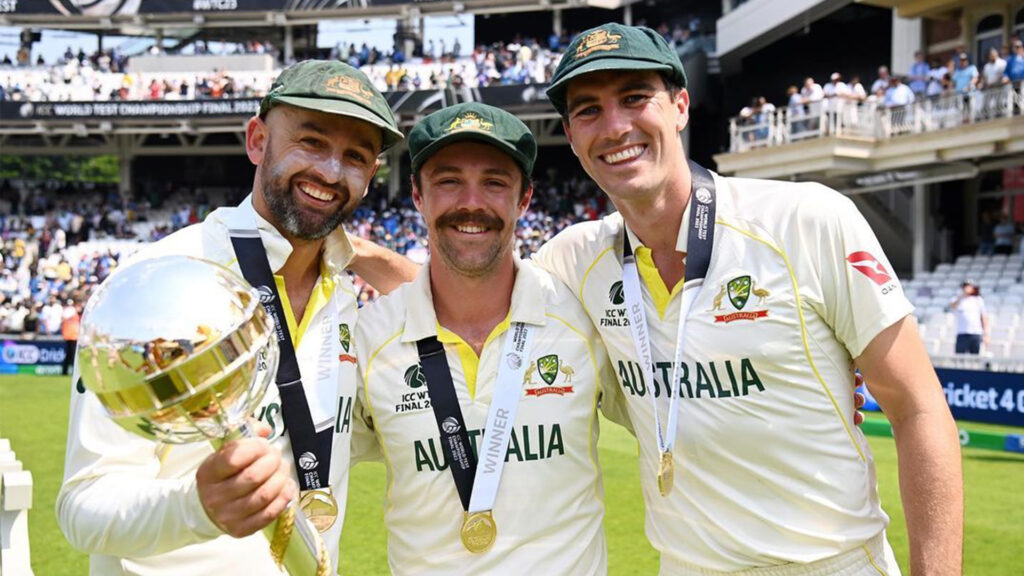
Next, you have to ask if one test match is really enough to decide the best team?
In the aftermath of their defeat, the Indian team is already calling for a three-test series. “A three-match series would be nice … you work hard for two years and then you have only one shot at it. You cannot get into that momentum that you need for Test cricket. In the next cycle … a three-match series would be ideal,” said Indian star Rohit Sharma. Aussie captain Pat Cummins responded by saying: “Ideally you’d have a 50-match series but the Olympics have come down to one race to win a gold medal. AFL, NRL seasons have finals. That’s sport.”
Both have points.
The WTC has long been a dream of administrators and some former players, who have argued that having victories count toward test rankings helps inject stakes into run-of-the-mill series on the cricket calendar. It’s an argument that has merit. But it’s the one-off test at the end that’s the problem.
Does this one test actually make Australia the better team? Yes and no. The fact is home ground advantage is and always has been a huge factor in deciding test series. In all likelihood, if Australia were to play a three-test series in India with its dustbowl, moon-scaped pitches right now they would likely lose — at least that’s what history would tell us. Similarly, if the Indian team were to play in Australia, the bouncy, faster wickets would likely see their undoing; their stellar, landmark victories in the 2018-19 and 2020-21 series not withstanding.
Historically, only the truly great teams — the West Indies sides of the ’80s and Steve Waugh’s Australian team of the late ’90s/early 2000s — have consistently won overseas.
In that respect playing the WTC on neutral turf did help remove the home team’s inherent advantages. But to live up to its billing — a world championship — surely demands a longer, more meaningful contest. A three-test series — a timeframe that like the NRL’s State of Origin, allows for narrative development and tactical adjustment — would be ideal.
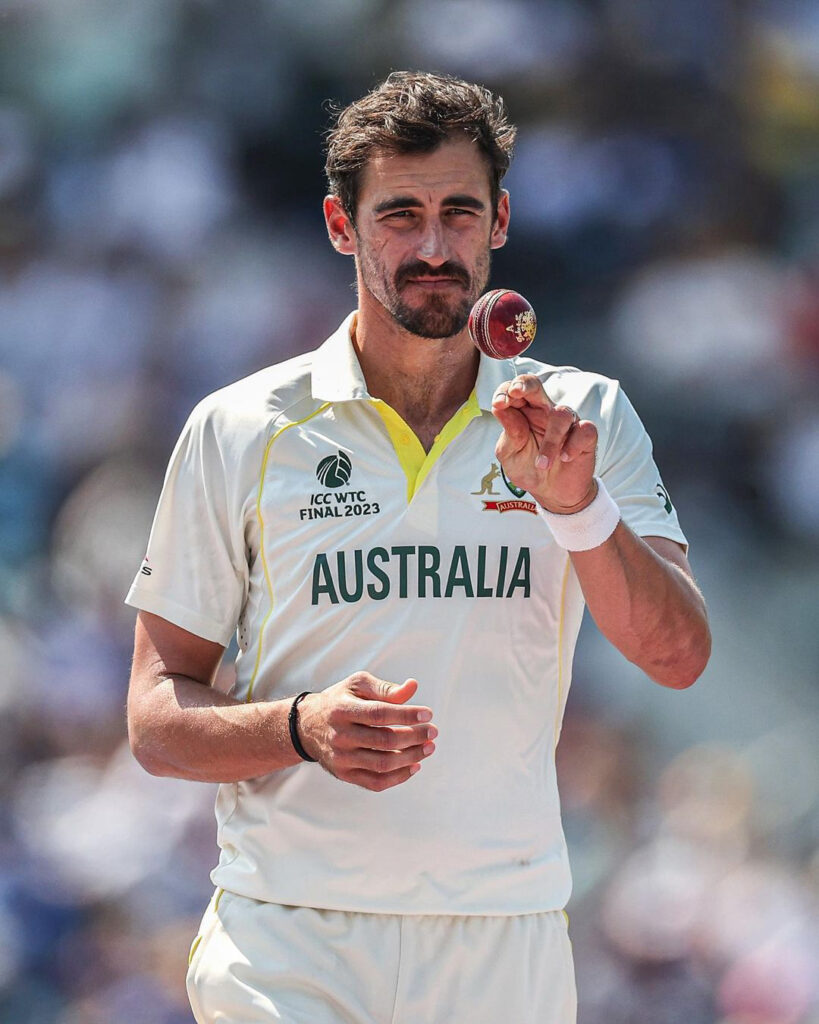
Unfortunately, the crowded schedule of the international cricket calendar, particularly the already encroaching franchise competitions such as the Indian Premier League, mean any more than a one-off test is likely to remain a pipe dream.
“The reality of the international cricket schedule is that we’re not going to have that month or so, blocking out a month or so for all the teams in the tournament for a final. That’s why (a) one-match final was decided upon,” former International Cricket Council Chief Executive Officer Geoff Allardice said back in 2021.
Which brings us to the major event on that crowded calendar: The Ashes. You don’t need to be a cricket tragic to predict that it will generate far more interest, eyeballs and revenue than the WTC ever will. The contest is ancient; the rivalry baked in. For many fans, it’s the only test series that counts.
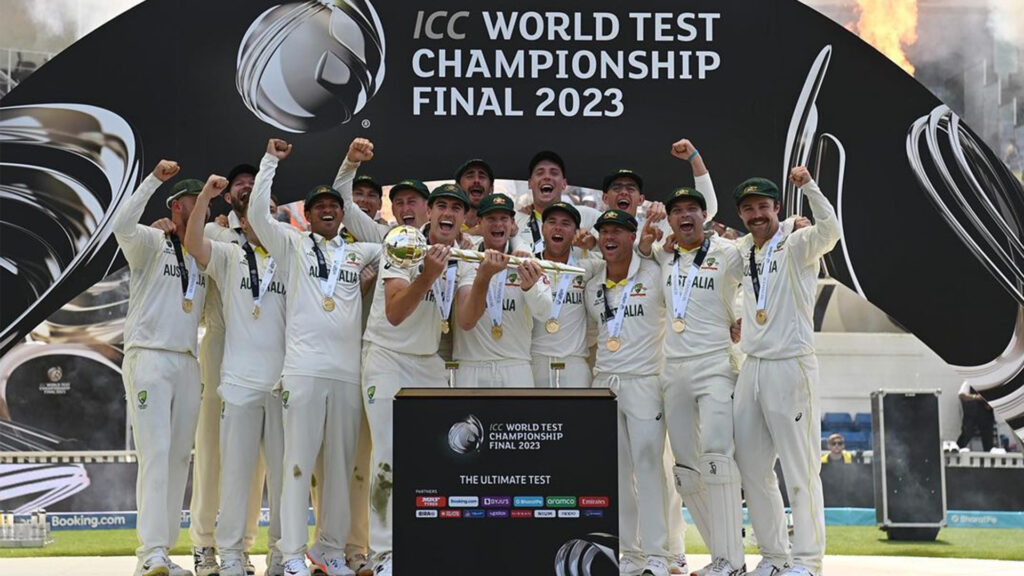
Bigger picture: it’s worth reminding yourself that test cricket is a peculiar, anachronistic 19th century game that still breaks for tea, makes players wear white flannels and goes for five days — a lightyear in the age of 30 second attention spans. That such traditions continue to exist in this day and age is astonishing. Yet ironically, it’s those traditions and the heritage-cache they give the game that are now likely to sustain it. World championships are best left to the 20-20 and One-Day World Cups. Attempting to impose the modern scaffolding of a world championship onto the five-day game, well, it’s just not cricket.
Ben Jhoty covers sport and wellness for Esquire Australia.














